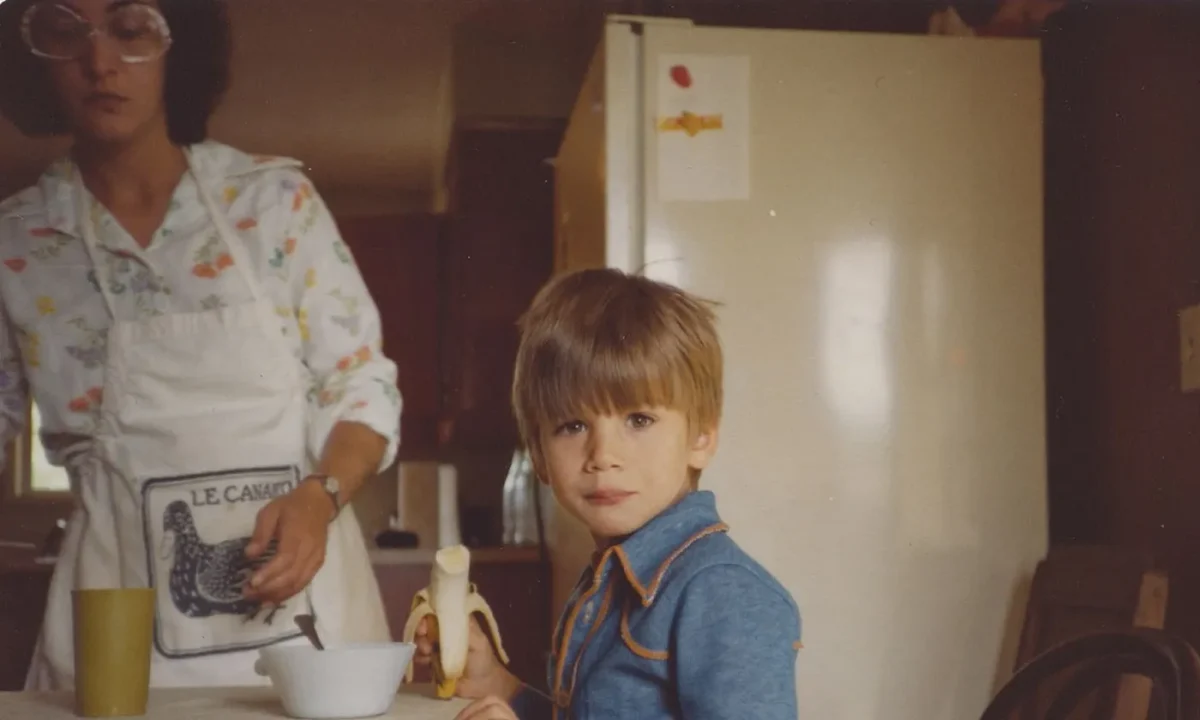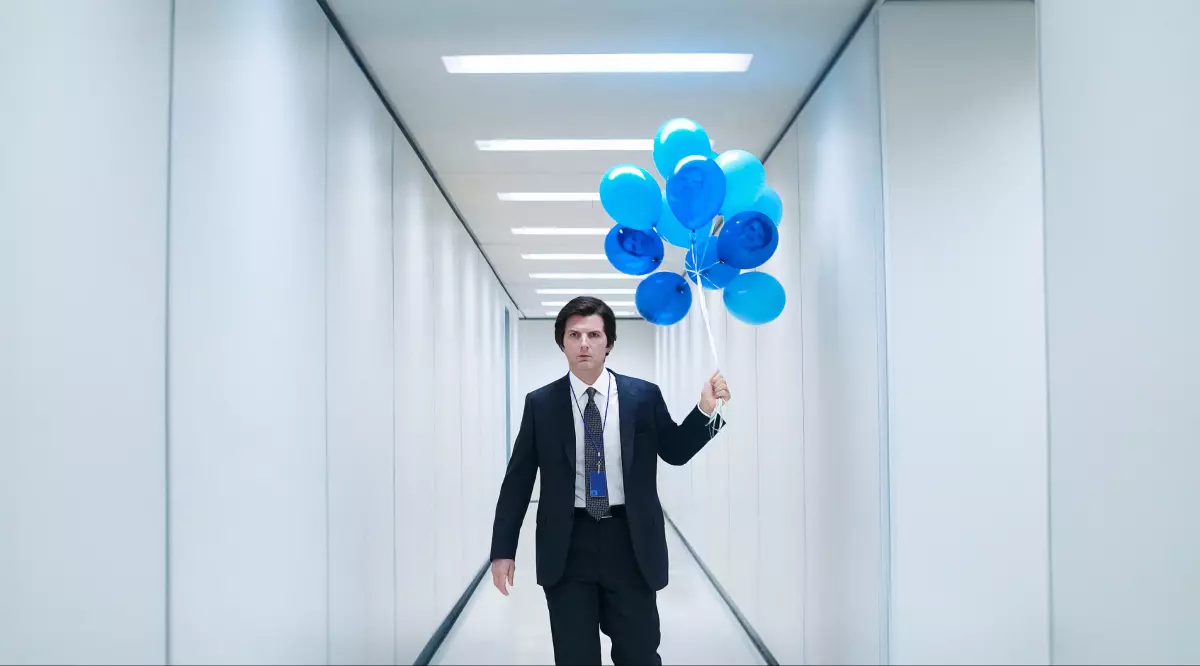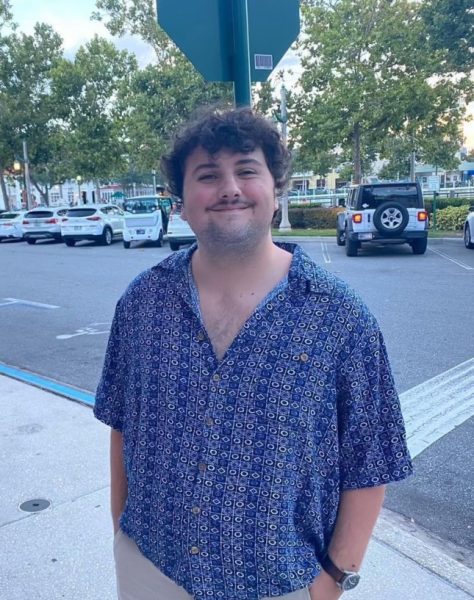It is here. “CHROMAKOPIA” is Tyler, The Creator’s 7th solo album, and as to be expected, it tops his previous six projects with magical composition and lyricism that leaves listeners wanting more.
The album includes mostly hidden features from the following artists: Daniel Caesar, Teezo Touchdown, Childish Gambino, Schoolboy Q, Doechii, Lil Wayne, GloRilla and Sexyy Red, the last five of whom have full verses.
Some recurring topics on the album include pregnancy scares, parental trauma, lack of privacy, sexual deviancy and an inability to practice monogamy. Inside his fear of commitment, he questions whether he is simply afraid to be intimate with someone or if he is interested in polyamorous relationships, with the idea that he is simply afraid to get that close with someone or that he is interested in polyamorous relationships.
The album rollout was quick, with only enough time for two singles — “Noid” and “St. Chroma” — prior to the album release. The former, the third song on the album, comes out swinging. Tyler struggles with the paranoia associated with extreme fame and the associated lack of privacy, narrating not trusting people romantically and advocating for nearly solely physical relationships to avoid being “trapped” with pregnancy.
While the song was initially widely accepted by fans, it makes the most sense within the album’s full context. The nonmonogamous nature of his relationships is continued in the next song on the album, with the chorus repeating “Darling, I keep falling in love.”
Two songs after, Tyler warns listeners about the importance of safe sex as to avoid being “tied down,” he is informed by Jane, a past fling, that she is pregnant. Tyler performs the first half of the song as himself, conflicted between the idea that he has possibly been lucky to have a child now and finding himself unready to be a parent.
Feeling that he would not do a good job raising the child, he utters lines like “If it was bound to happen to me, I’m lucky it’s you” and “Ain’t in the space to raise no goddamn child.” In the second half, he takes on the persona of Jane who is scared but ends up in the opposite position, pressuring him to leave and assuring him that she would be okay raising the child without a father.
Punching through the middle of the album, “Take your mask off” includes four different people who “wear a mask” or present a version of themselves that is almost the opposite of who they truly are on the inside. The first person is someone who partakes in violent gang culture while avoiding being thought of as “a bitch” and is forced to face the reality of their missed future when imprisoned. The second person is a priest who openly condemns LGBTQ+ people while privately engaging in same-sex relationships. Despite yearning for a life where the priest can be openly true to who they are, they “get back on the wagon” of preaching after quick sexual escapades.
The third person is a wealthy stay-at-home mother who believes that she has missed out on the life she could’ve had, singing lines like “You would start all over if we keepin’ it real / Current life is full but you ain’t feelin’ fulfilled.” The final person is Tyler himself. He confronts himself with several critical ideas: how he feels he is too self centered despite rarely being in the conversation for “best rapper,” how his clothing brand “Golf Le Fleur” is weird and no one wants to buy it and that he is a coward and should be ready for parenthood at his age. He finally concludes that he is a coward, and should be ready for a child at his age.
“CHROMAKOPIA” is a composition of difficult themes relating to the downfalls of fame and the idea of being truly honest with oneself and the world, good or bad. Tyler takes his overgeneralized identity as a rap artist and proves his multifaceted nature by exploring these heavy ideas with an often comedic delivery. Once again, he redefined the expectations of artists at the highest level, something fans are all too used to him doing.








